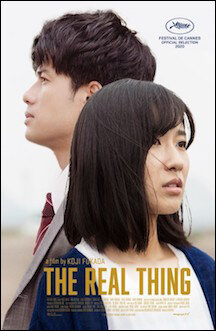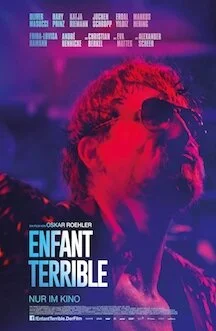Direction: Jon M.Chu
Country: USA
This supposedly hip musical romance directed by Jon M.Chu (Crazy Rich Asians, 2018) is an adaptation of the Tony-winning musical of the same name by Lin-Manuel Miranda (Hamilton, 2020), who produces and has a cameo as the piragua guy, and Quiara Alegría Hudes, who wrote the screenplay. The film intends to be a hymn of respect and praise for the Latino community living in New York. Even though it delivers the goods in terms of giving us the idea of the legacy, patience, faith, dreams and diversity of the people living in the Manhattan’s neighborhood of Washington Heights, it didn’t convince me with its laborious choreography, histrionic overjoy, and thickly sugarcoated episodes aligned at the sound of Latin, hip-hop, R&B and pop music (all music and lyrics written by Miranda). Even the dramatic parts were too syrupy for may taste.
The story follows the twenty-something bodega owner, Usnavi (Anthony Ramos) - named after the US Navy - whose dream is to go back to his native Dominican Republic. When he finally had everything set up to give that step, he meets Vanessa (Melissa Barrera), a stylist-wannabe who works in a beauty salon and becomes the woman of his dreams. A parallel romance occurs between Nina (Leslie Grace), a victim of discrimination who dropped college, and Benny (Corey Hawkins), who works for her supportive father (Jimmy Smits).
In the Heights feels hysterically lively but provides less funny moments than expected, playing more crowd-pleasing than magical. On top of this, I found the musical scenes a bit tiresome and showy.








































